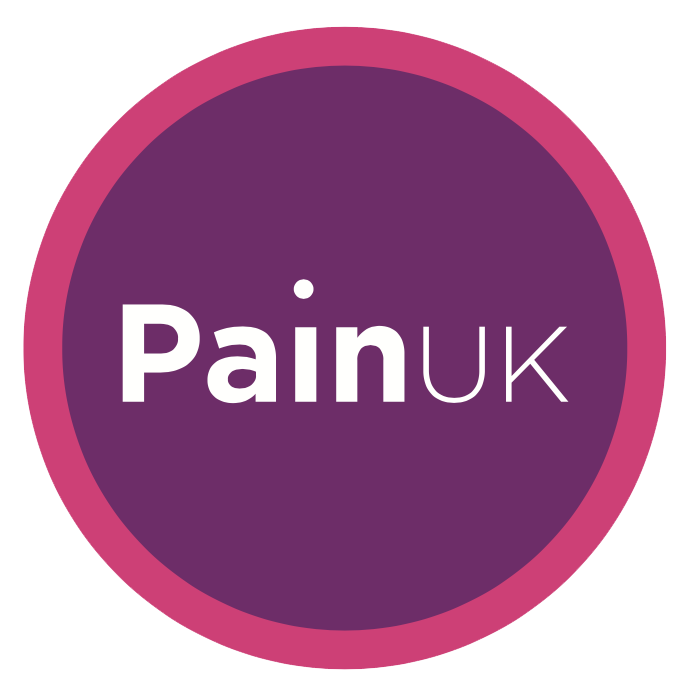An Interview with Antony Chuter, Chairman of Pain UK
An invisible illness, chronic pain is a condition that is currently affecting around 43% of the United Kingdom’s population, but is scarcely discussed and seldom accorded the recognition it deserves. What’s more, there are around 8 million adults living with pain that is moderate to severely disabling, yet shockingly, this chronic disorder is so often regarded as a mere symptom of disease, rather than a condition in its own right.
One man seeking to change this is Antony Chuter, chairman of charity group, Pain UK. Having experienced chronic pain for over 25 years himself, he knows all too well what living with the condition is like and has made it his vocation to support and raise awareness for others struggling with pain. In what follows – the first of a two-part interview – I talk to Antony about what life was like for him in the early days of living and coping with his own chronic pain.
Antony, you’ve been living with chronic pain for quite some time now. Can you tell me about when this first started?
Well, I was 21 when I first developed chronic pain. We didn’t know it at the time but it was renal colic: a type of abdominal pain, usually caused by kidney stones. It was a kind of visceral pain that would come and go, so I never quite knew when I was going to be in pain or how bad it was going to be.
And what was that like?
It totally and utterly destroyed my life. It was devastating. Before it happened, I was incredibly active; I used to go camping all the time, I sailed all over the place and climbed mountains. I had a solid, loving relationship, lived in a beautiful town, renovated houses and worked in a college as a computer engineer.
Then, when my pain developed, it caused a black hole in my life; it pulled my whole world apart. In the course of just a year, I lost my home, my job, my relationship, my whole life. I then spent what seemed like my entire life, being passed from doctor to doctor but no one could give me a proper diagnosis. It was incredibly frustrating.
Did you ever get the diagnosis you were looking for?
It took a very long time and countless doctors! I spent my life in outpatient clinics, seeing different doctors, having different tests, waiting for results, and repeating the process over and over. For a long time, no one could find what was wrong with me and I started to feel like the doctors didn’t believe there was anything wrong with me at all.
When was about 27, I saw a pain specialist who said he could fix my back. He performed an operation on me by sticking a huge needle into my stomach. Afterwards he came round to the ward where I was resting and asked “Mr Chuter, are you still in pain?”. When I said “Yes”, he replied “Well, it didn’t work then” and sauntered away. I immediately broke down in tears. I really felt like an experiment gone wrong.
But then, just as I had completely lost hope, I met a wonderful locum doctor who, for once, made me feel like I was actually being listened to, believed. He told me that, sometimes, we just don’t know what pain is caused by and that, whilst a diagnosis would be lovely, not everyone is lucky enough to get one. Whilst this wasn’t the diagnosis I was looking for, it restored my faith in doctors; he had empathy, bags of empathy, and he didn’t judge me. He restored my hope.
And, how did chronic pain affect your mental health during this time? Of course, chronic pain is a physical condition, but there are mental health implications that are often overlooked.
I became extremely depressed and just wanted my old life back. When I began to realise it wasn’t coming back, I even felt suicidal at times. That’s the thing about chronic pain, it completely robs you of all hope. You feel stuck, like there’s no end in sight, no way out.
I began to just scrape by. I lived in a grotty house, I had no job, no money. I also became very isolated. My pain pushed people away and I didn’t leave the house very much. I felt low all of the time. I had lost all of my hopes and dreams and just couldn’t believe what was happening to my life.
In the next part of the interview, Surviving Pain: Turning Things Around, we’ll hear all about how Antony learned to manage and better cope with his condition. He’ll also talk about how his own struggles throughout the years influenced his decision to become a champion for others living with chronic pain.
